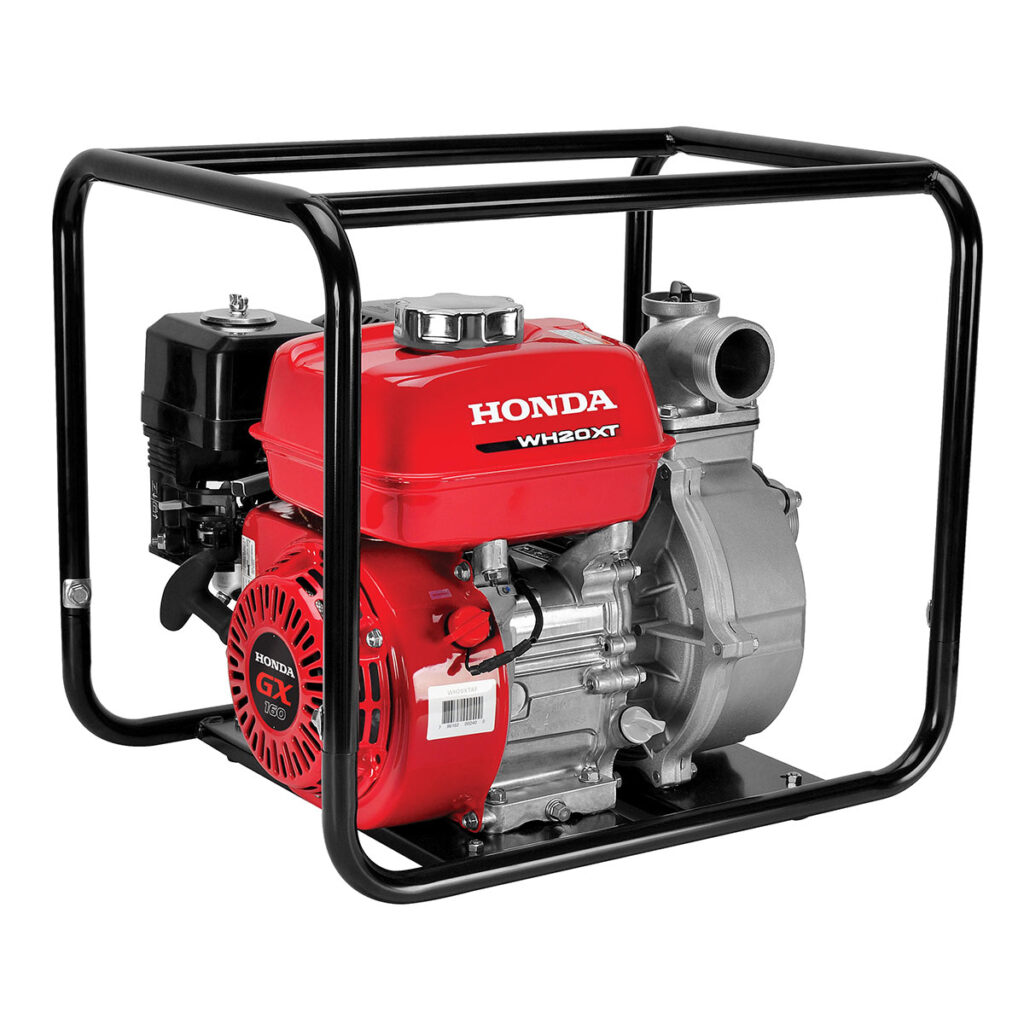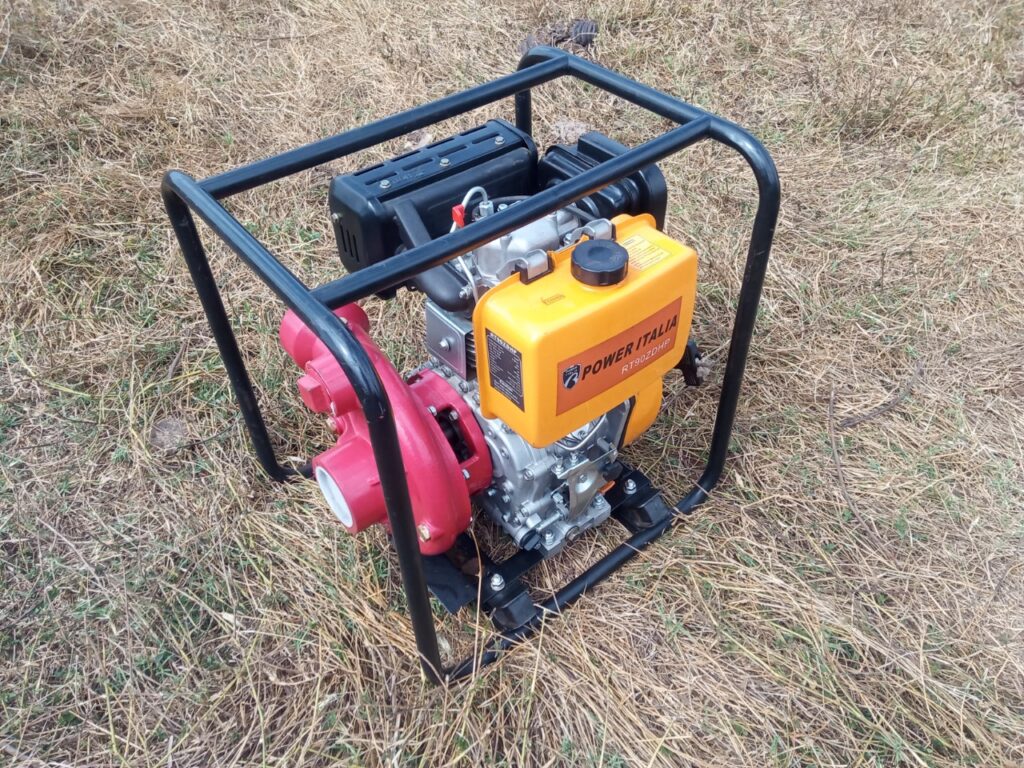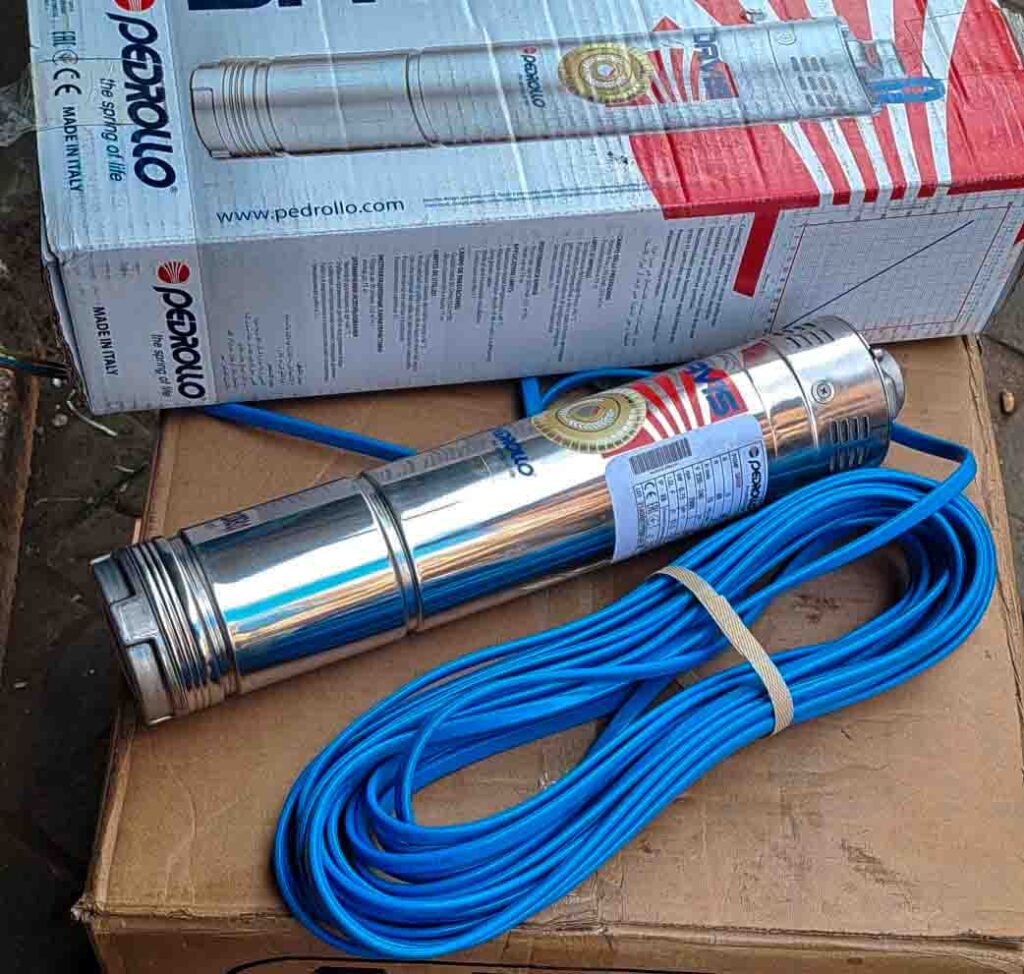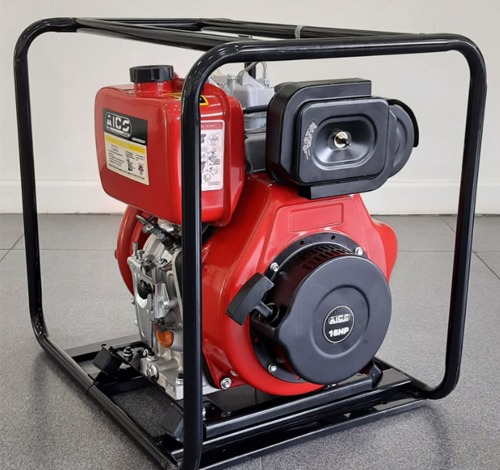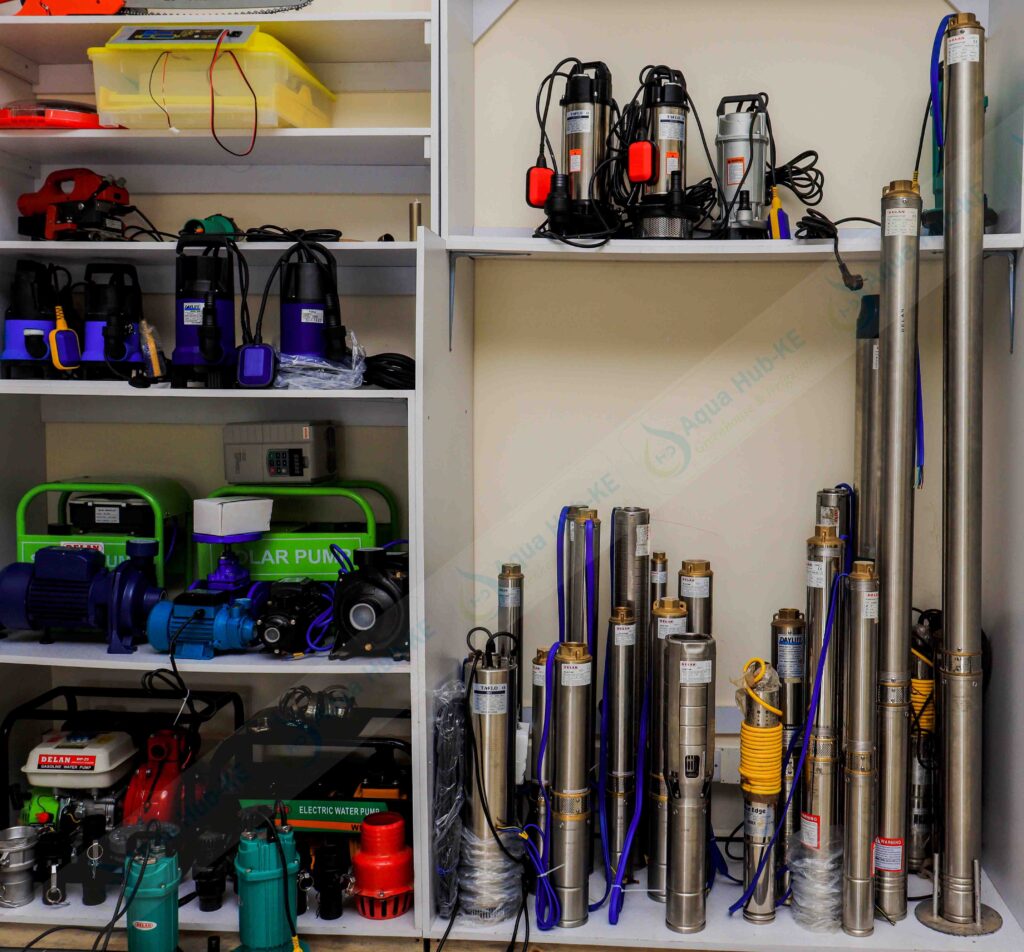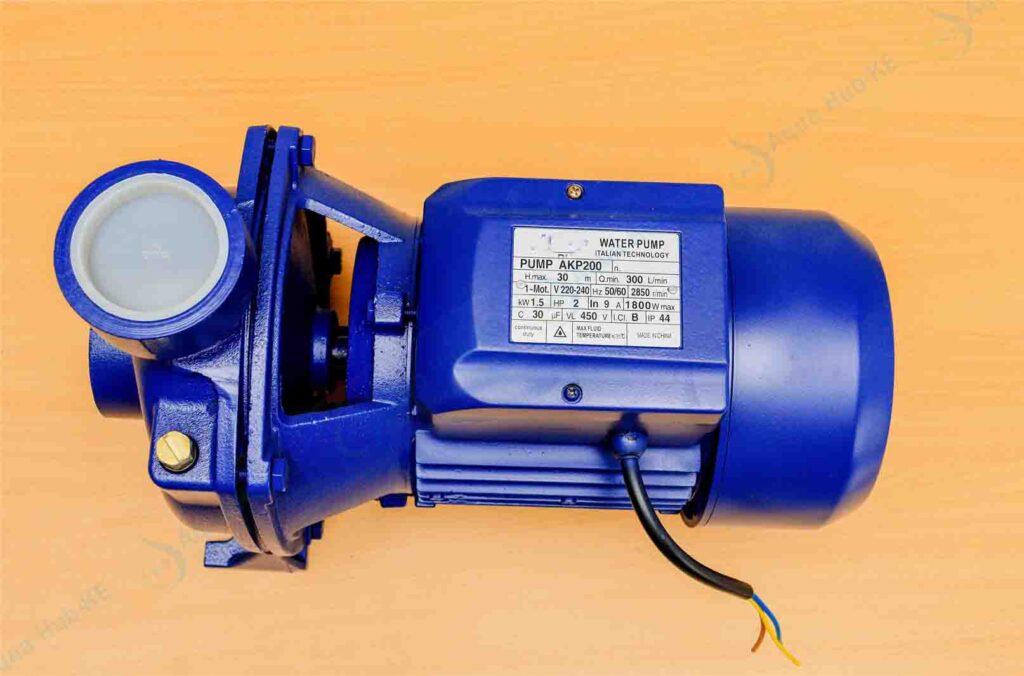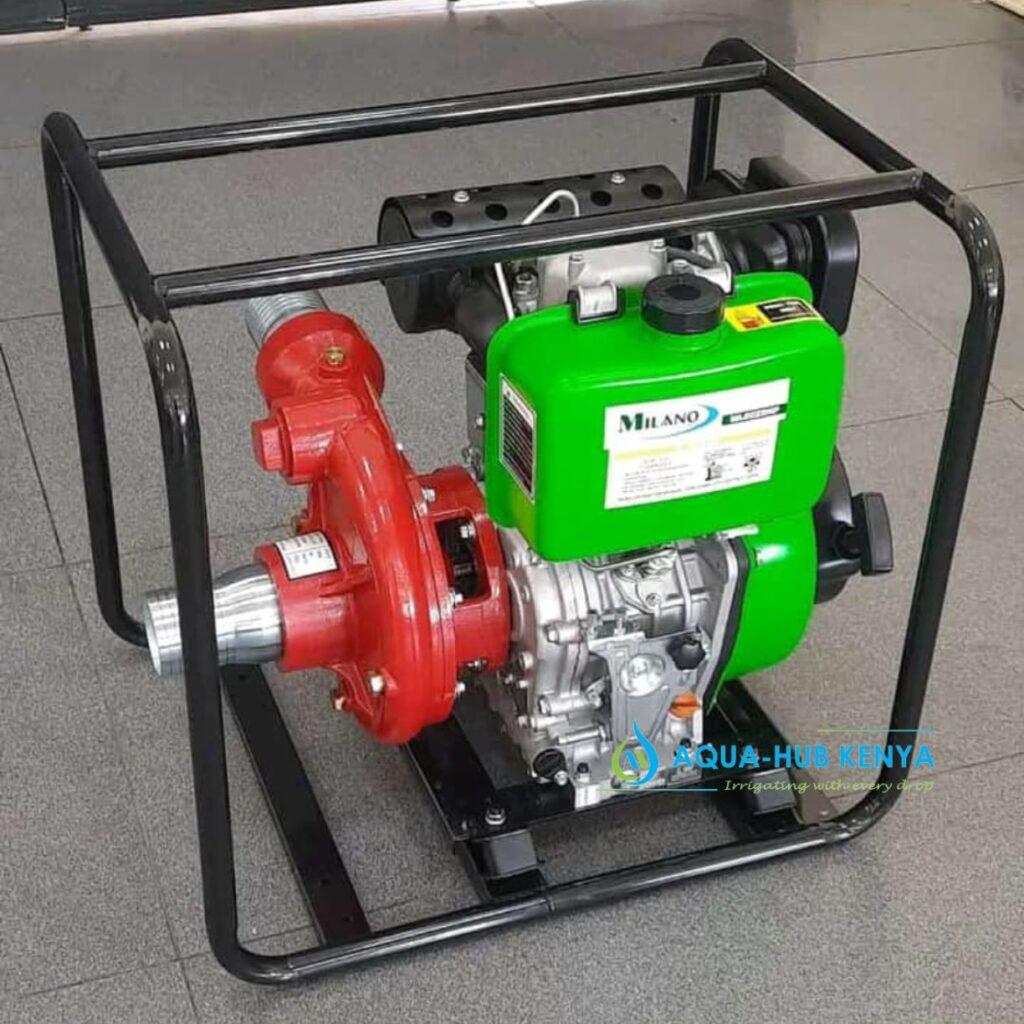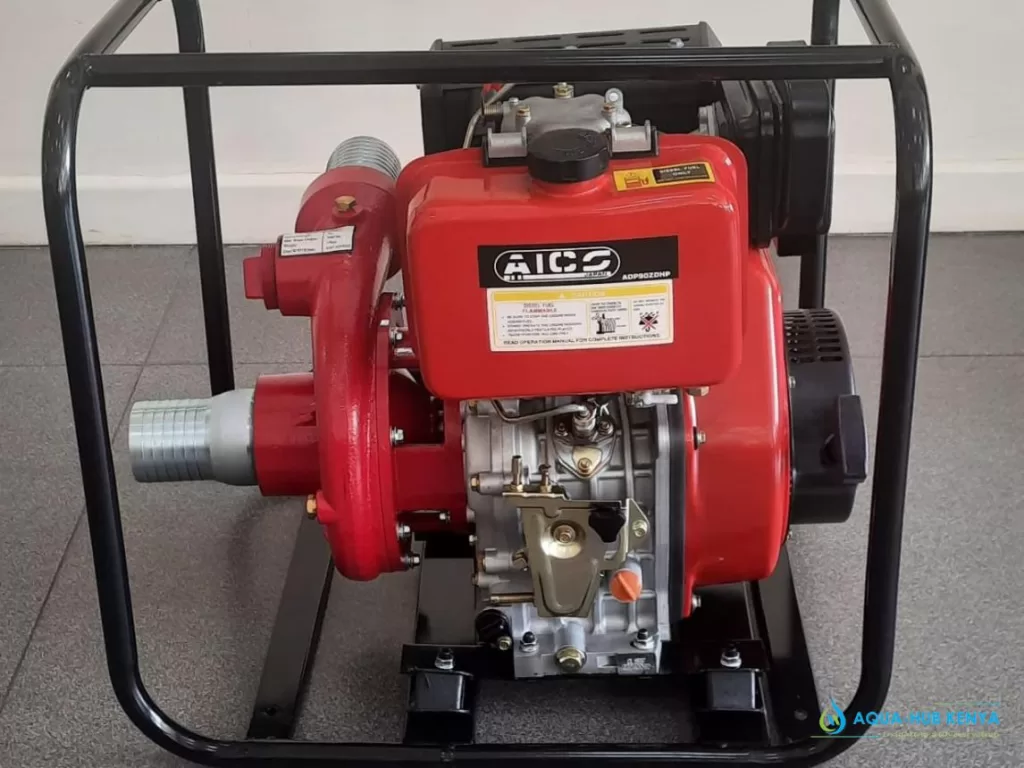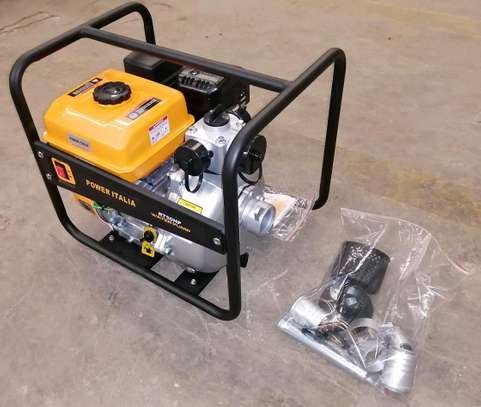Blog
Water Pump Prices in Nairobi
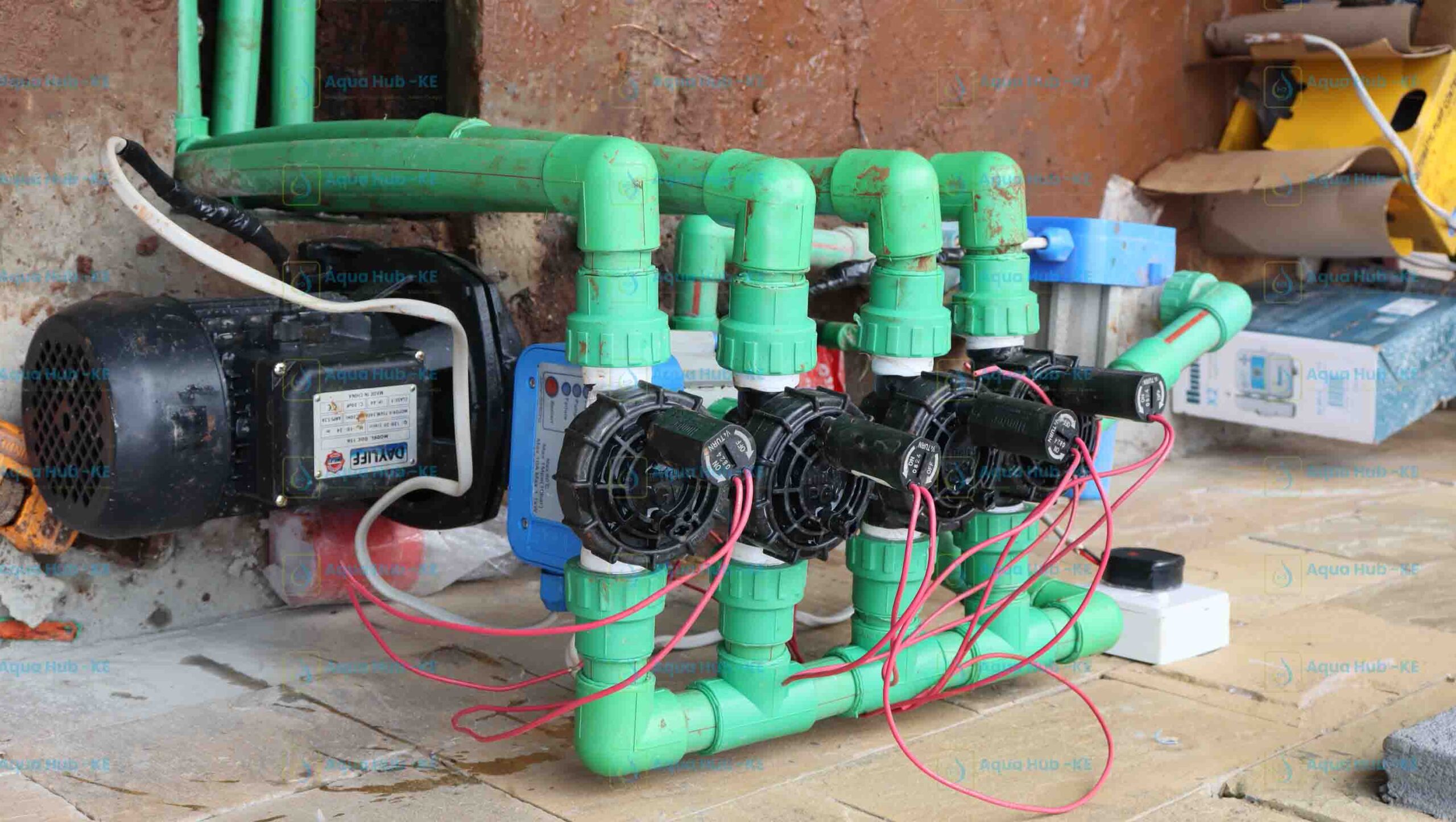
Water Pump Prices in Kenya are at convenient ranges in Aqua Hub LTD depending on the type of pump, brand and size. Water pumps are available in wide range of types, specifications and recommended applications thus needing proper consultation.
We have reliable knowledge of water pumps and therefore we supply best quality, reliable and durable pumps.
This article guides you through the specifications, price ranges, what affects the cost of water pumps and how you can get the best pump.
The Right Pumps Matter than Water Pump Prices
The right water pump should meet the water needs of your applications for it to be determined as effective. A pump that’s underpowered, or of poor quality, ends up costing more in fuel, electricity, repairs, or even replacement. On the other hand, the right pump can deliver reliable water flow rates, and in the end saves on cost over time.
Water Pump Prices in Kenya
The cost of water pumps in Kenya is according to the types of pumps, their specifications and sizes.
Petrol Water Pump Prices
| Water Pump Brand | Specifications | Price |
| Astramilano | High pressure, 90m Head, 30m3 flow rate, 7.5HP, 2” | KES 35,000 |
| Honda | Low pressure, 35m Head, 32m3 flow rate, 5.5HP, 2” | KES 42,000 |
| Daishin | Low Pressure, 32m Head, 30m3 flow rate, 5.5HP, 2” | KES 38,000 |
| Milano | Low Pressure. 28m Head, 28m3 flow rate, 5.5HP, 2” | KES 22,000 |
| HISAKI | Low Pressure, 30m Head, 28m3 flow rate, 5.5HP, 2” | KES 20,000 |
| AICO | High pressure, 75m Head, 20m3 flow rate, 7.5HP, 2” | KES 38,000 |
Diesel Water Pump Prices
| Water Pump Brand | Specifications | Price |
| Power Italia (Italy) | 85m Head, 48m3 flow rate, 14HP | KES 87,000 |
| Carltons (UK) | 85m Head, 40m3 flow rate, 14HP | KES 83,000 |
| Lifan (USA) | 81m Head, 41m3 flow rate, 16HP | KES 88,000 |
| AICO | 60m Head, 40m3 flow rate, 10HP | KES 83,000 |
| Lister, | 65m Head, 100m3 flow rate, 30HP | KES 199,000 |
| AICO | 32m Head, 1.5m3, 1”, 1.5HP | KES 20,000 |
Types of Water Pumps in Kenya
Water Pumps in Kenya are categorized according to;
Power source
Electric Pumps – pumps that are powered by electricity. Best for areas with grid electricity connection. Reliable, highly effective and consumes less energy to move high flow rates of water. They are cheaper to buy and run unlike fuel engine water pumps.
Diesel Pumps – water pumps that run on diesel fuel to power the pump. They are designed with robust engines and metallic bodies to enhance efficiency in water supply. Can supply water to long distances of up to 300m.’
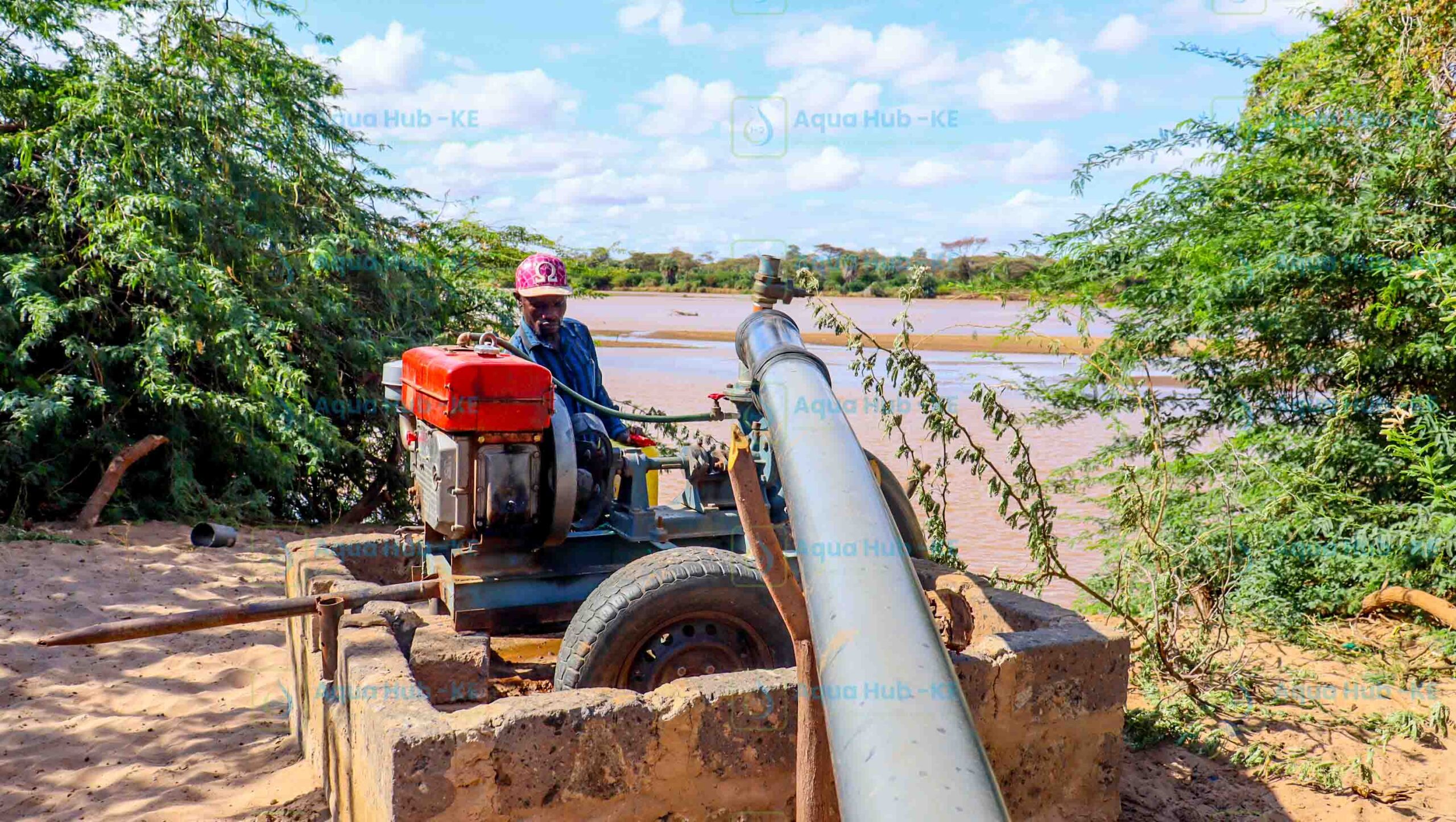
Petrol Water pumps – like diesel pumps but uses petrol fuel to power the pump. It has a powerful engine and delivers high pressure flow rates. Petrol pumps are, however, expensive to run since they consume large amounts of fuel to pump water.
Solar pumps – types of pumps that use solar energy to pump water. They require solar panels and inverters to generate power that runs the pump. Often reliable for areas without grid electric power. It can be costly to purchase but cost-effective to use in moving water.
Application
Surface pumps: sit outside the water source, often used for tanks, small fields, boosting pressure.
Submersible pumps: used for boreholes or deep wells; placed under water. Often more expensive.
High pressure / booster pumps: pumps that increase the pressure of water in a water supply line. Ideal when you need to move water in residential storey buildings, over steep slopes, or over long distances where pressure loss occurs.
Factors that Affect Water Pump Prices in Kenya
The following factors affect water pump prices in Kenya.
Pump Size: the higher the horse power or motor size, the higher price. Also, pumps that can deliver high heads and flow rates cost more.
Flow rate & head: If your borehole is, say, 80 meters deep, or your tank is mounted high, you’ll need a pump with sufficient head. Pumping water high or far costs more in equipment.
Material and build quality: Stainless steel or cast‑iron parts, sealed motor casings, corrosion resistance, blade quality all these add to cost. Cheaper pumps may use lighter metals or plastics which rust, wear or break sooner.
Brand, warranty, after‑sales support: A pump from a recognized brand like Honda, AICO, Dayliff, Pedrollo (to name a few) may cost more, but often gives you better spare parts availability and a longer usable life.
Power source costs: If electricity is expensive or unreliable, electric pumps may incur cost in backup generators or maintenance. Petrol/diesel pumps need fuel, which fluctuates. Solar pumps often cost more initially but are more economical over time in sunny or remote areas.
Installation, transport, and import costs: Many pumps are imported; shipping, taxes, customs duties, dealer markups, and getting the pump to remote areas can raise the final price. Also, installation (laying piping, wiring, setting up solar panels, etc.) adds to the cost.
Market demand and supply: Seasonal demand (dry season) or scarcity of certain pump types can inflate prices. Also, exchange rates affect import‑costed goods in Kenya.
How to Choose Water Pumps Wisely and Avoid Overspending
- Define your water demand clearly
- How many litres per day do you need? For domestic use or irrigation?
- What is the distance and height the water must travel (head)?
- Estimate power source & running cost
- Do you have reliable electricity? Or will you need fuel and generator?
- What is the cost and availability of fuel vs cost of solar panels?
- Investigate brand and after‑sales support
- Does the dealer have spare parts locally? Service centres? Warranty?
- Match pump type to your water source
- Shallow well? Deep borehole? Surface source? Knowing depth/head is critical.
- Check efficiency & durability
- Stainless steel or corrosion‑resistant designs; sealed motors help.
- Efficiency matters: a pump that uses less energy/fuel for a given job saves you a lot.
- Budget for additional costs
- Installation costs – for example wiring and testing.
- Transport (especially for heavy diesel/petrol pumps or solar equipment)
- Maintenance over time

